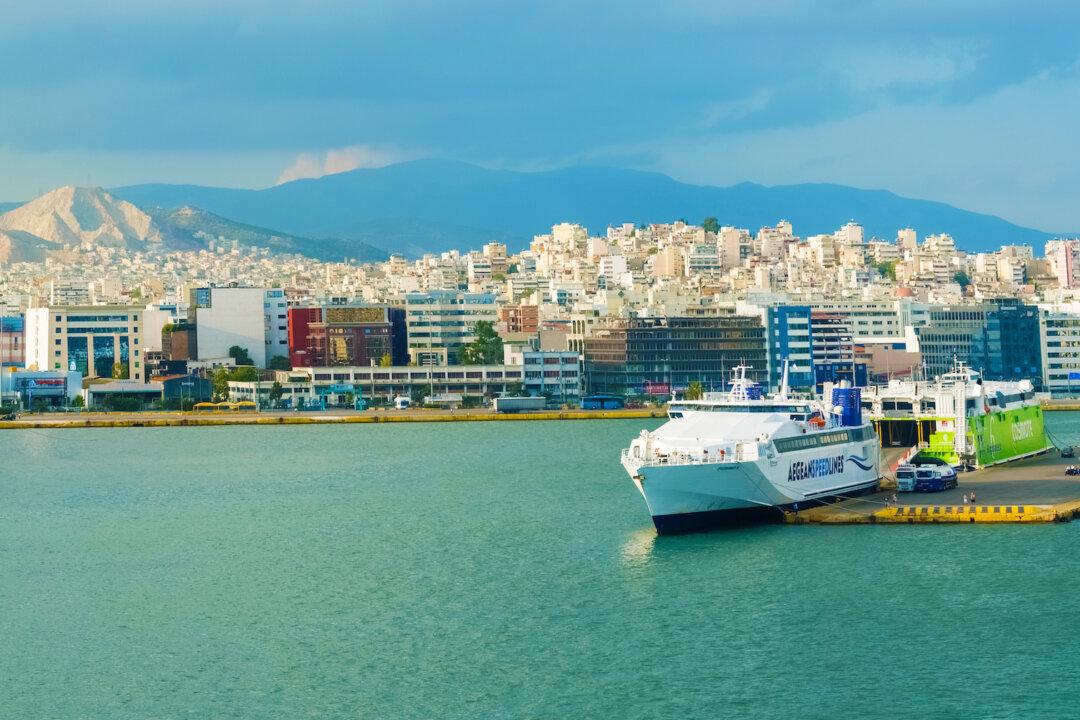With Chinese media firms designated as “foreign missions” in the United States, and with Confucius Institutes being shut down one after another, the Chinese Communist Party’s (CCP) ideology export has suffered a setback. However, the CCP has acquired nearly 100 strategically important ports around the world, showing obvious political ambitions.
To date, China Ocean Shipping (COSCO) and other Chinese companies have acquired a stake in 96 ports around the world. There are five in the United States, including in Miami, Houston, Long Beach, Los Angeles, and Seattle.




